The web of hidden money and offshore shell companies documented in the Panama Papers reveals an alternate financial universe that links a single law firm with a globe-spanning rogue's gallery of politicians, moguls, criminals and shady agents.
While much attention has focused on links to Russian President Vladimir Putin, whose name doesn't appear in the documents, the leaked files — reported by The International Consortium of Investigative Journalists — also expose new details about far-flung capers dating back decades.
The cases have little in common other than the involvement of the law firm, Mossack Fonseca. The connections are sometimes tangential, and the firm insists it did nothing illegal.
Ramon Fonseca, a co-founder of Mossack Fonseca, said the people connected to the companies were not the law firm's clients.
"They are clients of bank intermediaries, that bought one of our incorporated companies, sold it, and those people used it for who knows what,” Fonseca told Panamanian television.
But the documents illustrate the breadth of the underground economic network exploited by the extravagantly wealthy.
Here are a few examples:
Britain's 'Crime of the Century'
In November 1983, a team of masked robbers committed one of the most brazen and lucrative heists in modern history, stealing three tons of gold — worth about over $100 million today — two boxes of diamonds and stacks of cash from a Brink's-Mat warehouse near London's Heathrow Airport. The bandits were caught, but most of the loot was never recovered. The proceeds were allegedly laundered to cover conspirators' tracks.
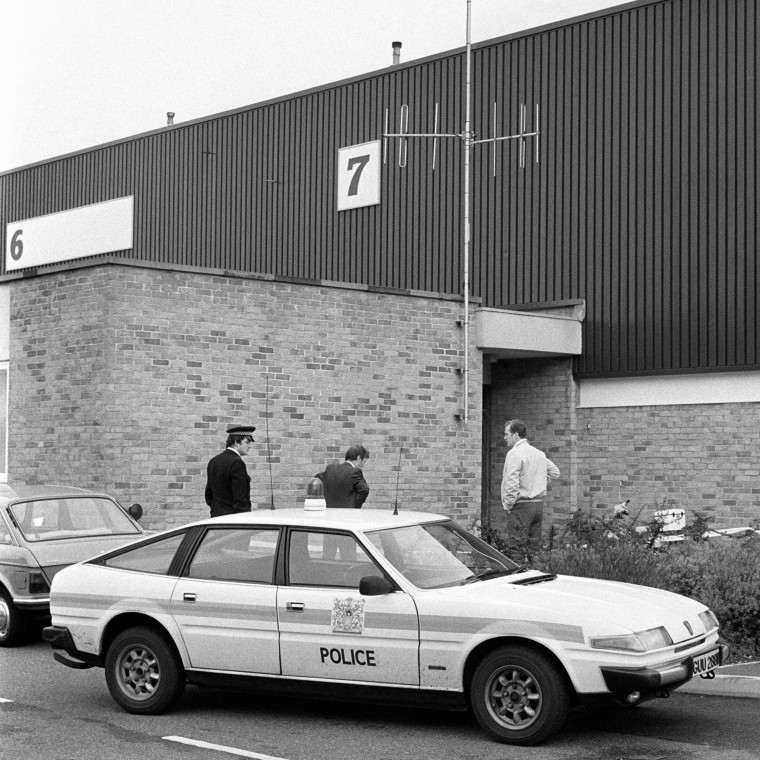
That's where the Panama Papers come in. The leaked documents show that the law firm Mossack Fonseca and one of its founders, Jurgen Mossack, helped protect a shell company belonging to one of the men who handled the Brink's-Mat haul, ICIJ member BBC reported.
Mossack Fonseca set up a company called Feberion Inc. and installed Mossack as a nominal director, with no actual say in its operations. At the time, Mossack wrote in a memo that the company was "apparently involved in the management of money from the famous theft from Brink's Mat," according to the ICIJ. Nevertheless, Mossack Fonseca blocked authorities from seizing the company, the Panama Papers show. Only after the launderer, Gordon Parry, was imprisoned did the firm cut ties to the Feberion, the ICIJ reported.
Watergate
As his law firm tried to protect Feberion from Brink's-Mat investigators, Jurgen Mossack stepped down from the company's board of directors, with plans for his replacement to be named by another Panama-based company, this one run by an American named Gilbert R.J. Straub, the ICIJ reported.
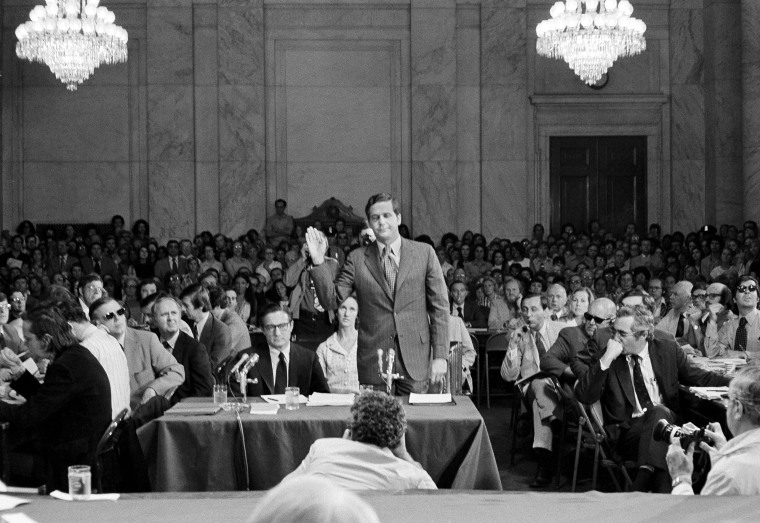
The ICIJ interviewed a former U.S. Drug Enforcement Administration agent who said he investigated Straub in an unrelated money-laundering case. The former agent, Robert Mazur, told the consortium that while he was working undercover, Straub boasted of illegally funneling $50,000 to pay the burglars who broke into the Democratic National Committee's offices at the Watergate complex in Washington in June 1972. The infamous crime sparked a scandal that forced President Richard Nixon to resign.
Miami's luxury real estate
Authorities have long suspected that foreign criminals hide ill-gotten gains by secretly buying high-priced homes in America, including the booming Miami skyline. The Panama Papers provided potential evidence: documents showing that Paulo Octávio Alves Pereira, a Brazilian politician under indictment for corruption, was the owner of an offshore company, formed with help from Mossack Fonseca, that bought a $3 million oceanfront condominium in 2011.
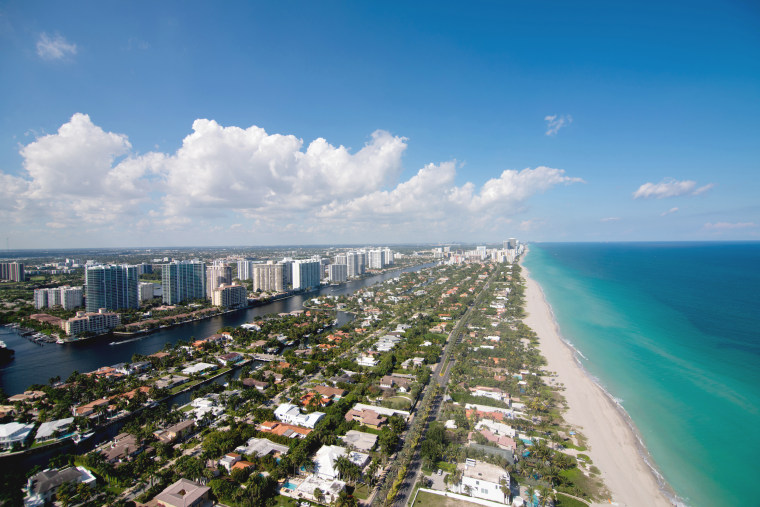
The Miami Herald, which is part of the ICIJ, reported that the leaked documents also revealed 18 other foreign nationals — including eight linked to crimes in their home countries — who'd created shell companies in order to buy luxury Miami real estate. The newspaper stressed that the documents did not contain proof that any dirty money was used to buy the homes.
Fugitive drug kingpin
Rafael Caro Quintero, once one of Mexico's most powerful drug lords, was convicted in 1989 of the torture and murder of U.S. DEA agent Enrique "Kiki" Camarena. When authorities seized his property, the holdings included an estate in Costa Rica owned by an offshore company set up by Mossack Fonseca, according to the ICIJ.
Costa Rican authorities asked Mossack Fonseca for help, according to the Australian Financial Review, a member of the consortium. The law firm declined, saying they could do nothing without the help of the company's shareholders. The firm told authorities that they didn't know who those shareholders were. But in an email exchange included in the Panama Papers leak, a Mossack Fonseca lawyer acknowledged that Caro Quintero was the assumed owner.
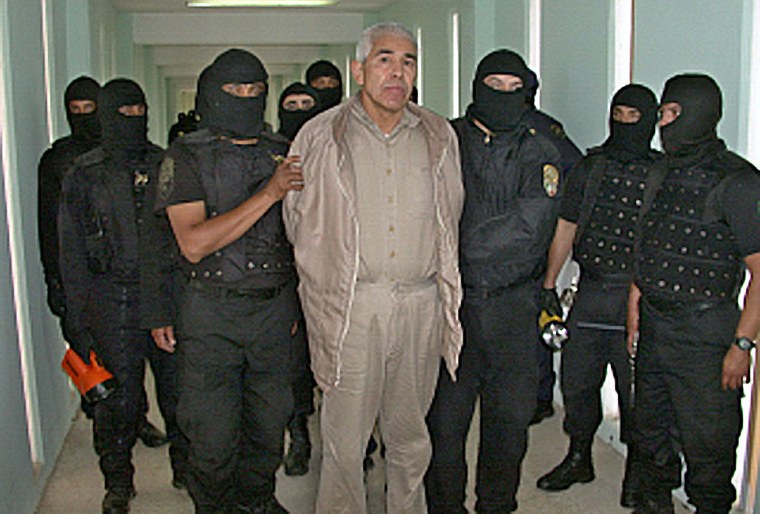
Jurgan Mossack, one of three directors listed on the company's paperwork, wrote about his fear of Caro Quinero's power. Notorious Colombian drug lord Pablo Escobar paled in comparison to Quintero, he said. "I don't want to be among those Quintero visits after jail," Mossack wrote, according to the AFR.
Caro Quintano did leave prison — after serving 28 years of a 40-year sentence. In 2013, an appeals court overturned his sentence on a procedural issue. Now under indictment in the United States, he remains one of the DEA's most wanted fugitives.
Sunken ferry
In 2005, a boat loaded with elderly tourists sank in Lake George in upstate New York, killing 20. The survivors sued the ferry company, which, it turned out, had bought a bogus insurance policy from con men. An investigation led to an accountant in St. Kitts, who'd helped the swindlers launder their profits — and had served as a on-paper-only director for 30 shell companies created by Mossack Fonseca, according to the ICIJ. The accountant, Malchus Irvin Boncamper, pleaded guilty in 2011.
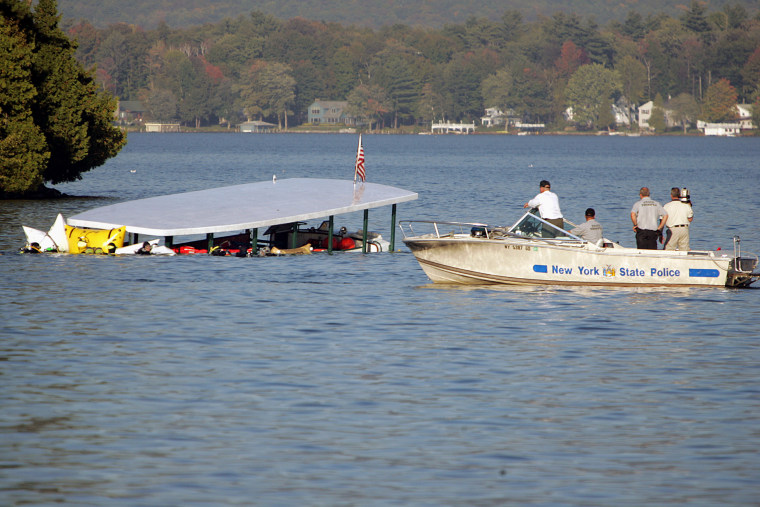
Mossack Fonseca, meanwhile, rushed to replace Boncamper on the companies' leadership, and backdated the records to make it look like it had been done years earlier, the ICIJ reported.
